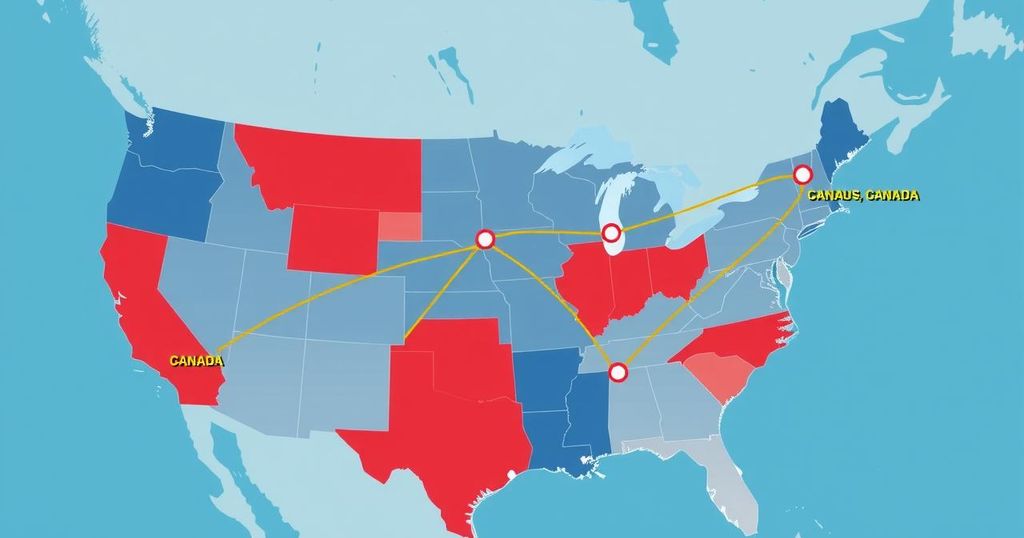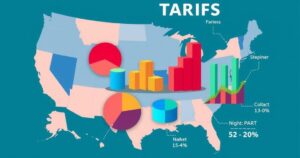Fact-Checking Trump’s Claims About Canada
Assessing Trump’s claims regarding Canada’s status and spending
In the wake of President-elect Donald Trump’s recent remarks, a closer examination reveals significant inaccuracies concerning Canada and its status. Trump has suggested, not just once but repeatedly, that Canada could potentially become the 51st state of the US. However, whether this is meant to be taken seriously or if it’s just a bizarre negotiation tactic, remains unclear. One thing is abundantly clear: many of his assertions about Canadian public sentiment, trade, and defence are simply not grounded in reality—an issue that seems to plague his discussions about the northern neighbour.
Misleading claims about public opinion and trade deficit
Consider his comment about Canadians welcoming the idea of becoming the 51st state. Trump boldly claimed that “the people of Canada like it,” a sweeping assertion that crumbles under scrutiny. In a December poll conducted by Leger, a staggering 82% of Canadians rejected the idea, with only a scant 13% in favour. This doesn’t exactly paint a picture of enthusiasm among Canadians, highlighting that Trump’s claims don’t reflect the actual public opinion which is decidedly against such an annexation.
Debunking the trade figures and oil dependence
Moving on to trade, Trump asserted a massive trade deficit with Canada standing at $200 billion, but U.S. data tells a different story. The actual goods and services trade deficit was around $40.6 billion in 2023, which is substantially lower than what he suggested. Just focusing on goods doesn’t change the fact that overall US imports from Canada include large quantities of crude oil—something that keeps American gas prices relatively low. So, while Trump talks about not needing anything from Canada, the reality paints a different picture—one that’s crucial for the US economy.
Canada’s military readiness is underrepresented
In terms of defence spending, Trump has often critiqued Canada for not meeting NATO benchmarks, claiming it spends “less than 1%” of its GDP on defence. While Canada does lag behind the 2% target with figures around 1.37% for 2024, his characterization is misleading. In fact, Canada boasts a sizable military and has actively participated in international conflicts alongside the US. Trump’s assertions may raise eyebrows, but they misrepresent Canada’s military contributions and readiness, calling into question the accuracy of his sweeping claims.




